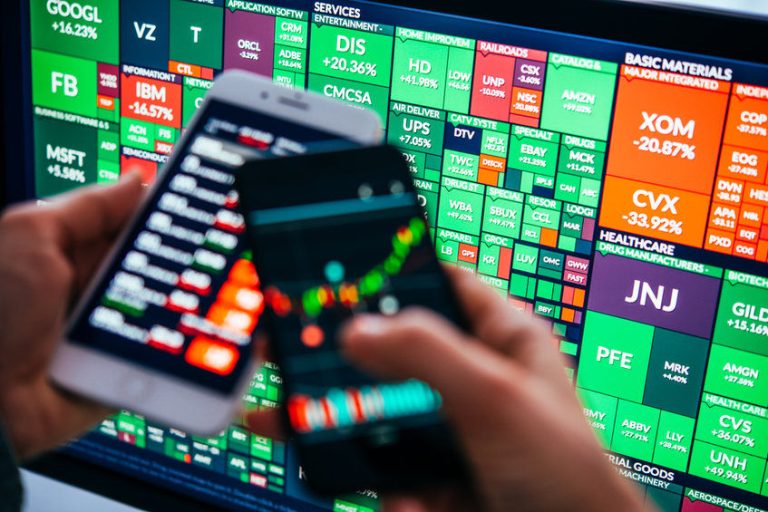Asian stock markets showed mixed performance on Tuesday, a day after Donald Trump returned to office as US president.
Investor sentiment remained cautious as US President Donald Trump refrained from imposing China-specific tariffs on his first day in office but hinted at potential tariffs on Canada and Mexico by February 1.
The Wall Street was closed on Monday in observance of Martin Luther King Jr. Day.
Japan’s market mixed
Tokyo stocks were jittery on Tuesday morning. Early gains, fueled by hopes that Trump would delay tariffs were erased as he hinted at imposing 25% tariffs on Mexico and Canada countries next month.
The Nikkei 225 rose by 49.27 points, or 0.13%, to 38,951.77, while the broader Topix index fell by 1.95 points, or 0.07%, to 2,709.32.
The US dollar initially dropped to a one-month low in the upper 154 yen range due to a decrease in long-term Treasury yields, following eased inflation concerns and no immediate tariff announcements during Trump’s inauguration.
However, the dollar later recovered to the lower 156 yen range after Trump’s tariff comments.
Stocks had opened higher, with automakers and export-focused companies attracting buying interest, as markets were relieved that Trump had refrained from imposing tariffs on his first day in office.
Toyota gained almost 1%, while Honda increased by 0.4%. However, both gave up the gains soon after.
China and Hong Kong stocks open higher
Chinese stocks opened higher, with the CSI300 Index rising by 0.8% at the start of the session.
However, the index soon lost some of its momentum and traded flat for the remainder of the session. The yuan also strengthened by 0.3% against a broadly weaker dollar.
The market reacted positively to Trump’s inaugural speech, which did not immediately target China with tariffs.
This shift in tone allowed investors to breathe a sigh of relief, especially after months of speculation surrounding the US-China trade tensions.
Trump’s call for federal agencies to investigate and remedy persistent trade deficits and unfair trade practices, including currency manipulation, signaled a move toward negotiations rather than immediate punitive measures.
The CSI300 Index had dropped roughly 5% since Trump’s victory in November, mainly due to fears of tariffs of up to 60% on Chinese goods.
However, the index has rebounded over the past week, as market sentiment improved amid signs of goodwill between Beijing and Washington.
The Hang Seng Index climbed up over 1% to 20,130.40, while the Hang Seng Tech Index surged over 2%.
Semiconductor Manufacturing International Corporation, China’s largest chipmaker, surged 6%. iPhone camera lens maker Sunny Optical rose 6%.
Other regional markets
In Australia, the stock market posted notable gains, with the S&P/ASX 200 index increasing by 0.72% to 8,407.90.
The broader All Ordinaries Index rose by 0.74% to 8,658.30 led by strength in mining and financial stocks.
However, energy and technology stocks showed some weakness, limiting overall market gains.
South Korea’s Kospi was in the green at the time of writing. The index opened close to 1% higher on Tuesday but gave up the early gains soon after.
The index is up 0.21% to trade at 2,525.29.
The post CSI 300, Hang Seng lead Asian market gains as Trump delays tariff threats for now appeared first on Invezz

